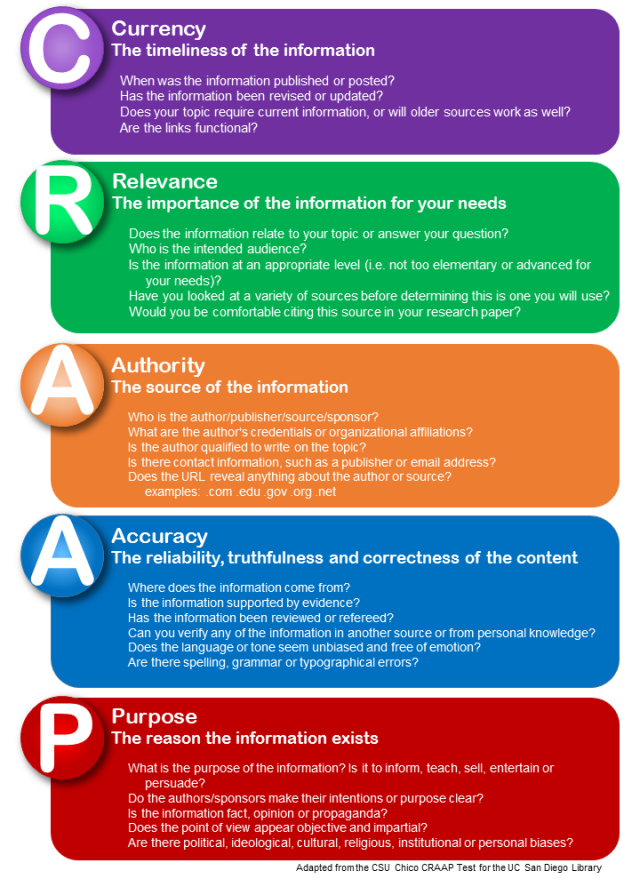While checking my spam folder (before yeeting the contents permanently) I noticed that I’d been sent a bunch of email ‘newsletters’ from the group “Voices for Freedom.” Out of interest I opened one, just in case the contents were worth a post or two – & indeed they were.
The writers of the newsletter state that “And we take it further: we’re about sound science” and then a little further down the page claim “that there’s striking evidence that SARS-CoV-2 was around from at least 12 March 2019. (How do we know? Yes, we read the papers that experts write.)”
They are, however, being a little disingenuous here. The link goes, not to a paper published in a journal, but to a pre-press server. I’ve highlighted the relevant bits from the top of the document.

In other words, they are referring to a version of a document that hadn’t been peer-reviewed.
The study reported in the preprint tested wastewater samples from Barcelona for the presence of SARS-Cov-2’s genetic material. We do this in NZ (as do many other countries), and the reason is that infected individuals shed bits of viral RNA in their faeces, and do so before they become symptomatic. So the testing can act as an early-warning system. Samples were collected over a period of a year (for other purposes), frozen for storage, and later tested for the virus using the standard PCR test¹. The first 2020 sample to test positive was collected on January 15 2020 – this was more than a month before the first official case of covid-19 was declared in Spain, and the authors commented that this showed the utility of wastewater testing as a sentinel system for detecting SARS-Cov-2. (This is in fact the main thrust of the preprint, and it’s emphasised in a more recent published, article by this group of researchers, and supported by a number of other recent papers, eg here and here). Stored samples dating back to March 2019 were negative, but a sample from 12 March 2019 also returned a positive test.
However.
That March 12 sample was a single sample – it could be a false positive, represent in-lab contamination (though most labs take stringent precautions to minimise this risk), or actually be a true positive (ie meaning that the virus was present in the wastewater sample, albeit at a very low level).
In addition, as virologist Clare Crossan points out in this article in The Conversation, epidemiological data don’t support the suggestion that the virus was circulating in Spain way back early in 2019: there was no reported uptick in recorded respiratory disease, particulary novel disease. She also suggests that it would be odd, with such a highly transmissible virus, for it to be “present in the population at a high enough incidence to be detected in an 800ml sample of sewage, but then not present at a high enough incidence to be detected for nine months, when no control measures were in place.”
She also comments that
Further tests need to be carried out to conclude that the sample contains SARS-CoV-2, and a finding of that magnitude would need to be replicated separately by independent laboratories.
I wanted to know if the preprint had eventually been published. A search for the original preprint title, using Google Scholar, brings up 2 returns, the preprint and a citation of it; using the authors’ names gives just a single return: the preprint alone. Searching the PubMed citation index for the authors brings up that published paper I mentioned earlier. Published in the journal Applied and Environmental Microbiology, it is very similar in content & phrasing to the original preprint, and so is highly likely to be the result of reworking that preprint for publication following the peer review process. It makes no mention of a March 12 2019 sample.
So, I’ll accept that the Voices for Freedom writers read the preprint. I wonder why they went no further than that.
¹ Those opposed to the use of PCR testing often describe the test as ‘unreliable’. Obviously this is only when it suits the narrative.
